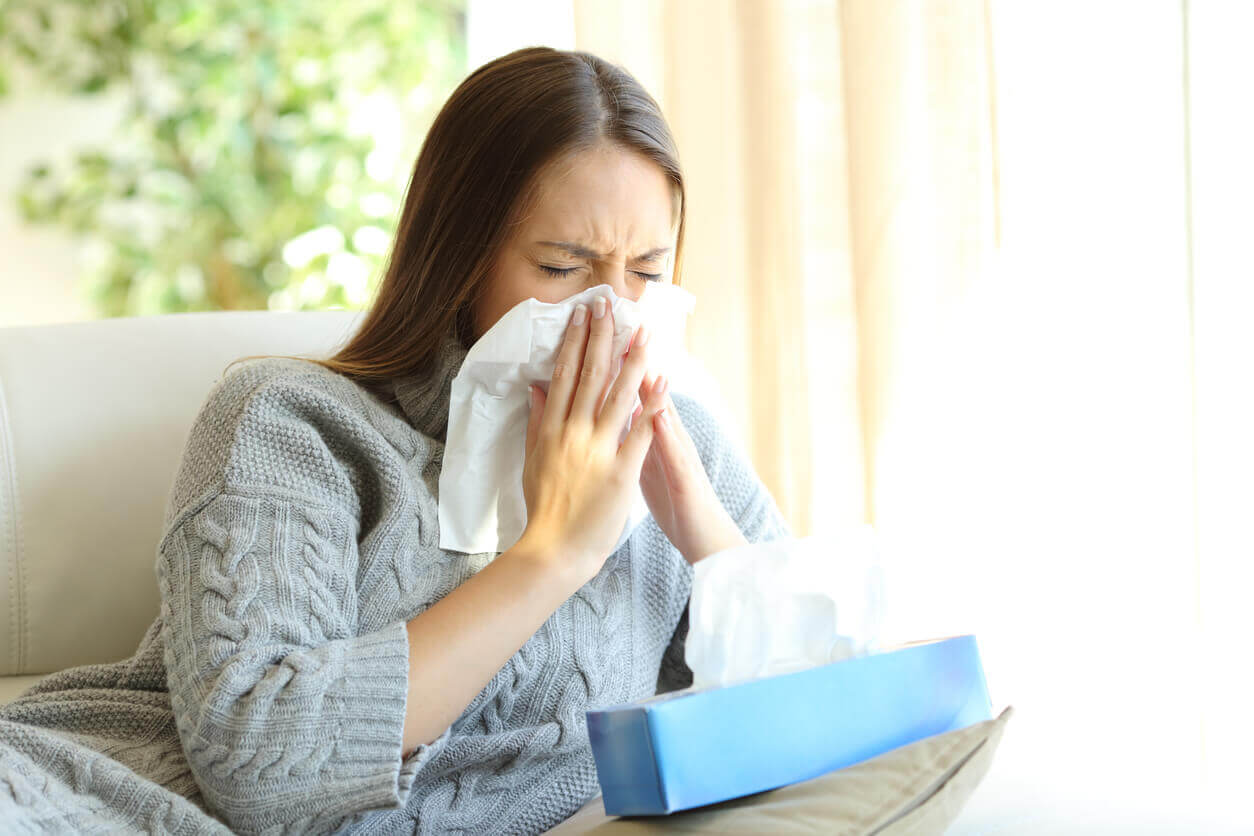
Have you ever experienced an itchy rash, sneezing fits, or difficulty breathing? These may be signs of allergic reactions triggered by certain allergens. Allergies are one of the most common health issues worldwide, affecting millions of people.
The good news is that with proper identification and avoidance of allergens, you can prevent allergic reactions from happening. Let’s talk about some of the most common allergens, how to identify them, and what you can do to avoid them.
Common Allergens
Allergens are substances that can cause allergic reactions in certain people. They are typically harmless to most individuals but can trigger an overreaction of the immune system in those allergic to them. This reaction leads to various symptoms such as sneezing, itching, rashes, and, in severe cases, anaphylaxis.
Allergens can be found in a range of sources, such as food, the environment, and certain materials. Common allergens include:
Pollen
Pollen allergy is one of the most common triggers for seasonal allergies. It is a fine powder that plants release during their reproductive cycle.
If you’re allergic to pollen, you may experience sneezing, nasal congestion, and itchy eyes. Identifying the source of your allergy can be challenging because pollen can be found in several different plants and trees. However, pollen levels are higher during certain seasons, depending on the types of plants in your area.
Keeping an eye on the pollen count and avoiding outdoor activities on high pollen days can help manage your allergy symptoms.
Dust mites
Dust mites are microscopic creatures that feed on dead skin cells and are often found in warm and humid environments such as carpets, bedding, and upholstery.
Symptoms of a dust mite allergy can include sneezing, runny nose, and itchy eyes. To identify the source of your allergy, try to pay attention to when your symptoms appear.
If you notice that they get worse when you’re in certain areas of your home, you may be allergic to dust mites. Regularly washing bedding and vacuuming carpets can help control your symptoms.
Pet Dander
Pet dander, the shed skin cells and fur of animals can trigger an allergy in some people. Animal allergies can vary in severity depending on the individual, but symptoms may include sneezing, nasal congestion, itchy skin, and even difficulty breathing.
If you suspect you’re allergic to pet dander, visit your doctor for a skin prick or blood test. It’s important to note that pet allergies can’t be cured, but avoiding contact with animals or keeping pets outdoors can help reduce symptoms.
Food
Food allergies can develop at any age and are becoming increasingly common. Symptoms can include hives, swelling, vomiting, and in severe cases, anaphylaxis.
Identifying a food allergy can be challenging because symptoms may not appear until minutes or hours after ingestion. If you suspect you have a food allergy, see a doctor for an allergy test.
The doctor may recommend an elimination diet or other tests to help determine which foods trigger your symptoms. Once you identify the trigger, avoiding that food and carrying an epinephrine injector can help manage your allergy.
Insect Bites and Stings
Insect bites and stings can cause an allergic reaction in some people. Symptoms of an insect allergy can include swelling, itching, and difficulty breathing.
Identifying the source of your allergy can be difficult because several different types of insects can cause an allergic reaction.
If you experience severe, troublesome symptoms after a sting or bite, seek medical attention immediately. Your doctor can perform a skin prick or blood test to identify the type of insect causing your allergy.
Avoiding contact with the insect, wearing protective clothing, and carrying an epinephrine injector can help prevent severe reactions.
Allergy Testing Near Me in Central and South Florida
Knowing your allergens and avoiding them is crucial in preventing allergic reactions. Allergy testing is the best way to identify the underlying cause of your allergy symptoms.
If you experience allergic reactions, consult our healthcare provider here at Premier Medical Group, who can help you identify your specific allergens through allergy tests and recommend the best treatment options for your condition. In addition to allergy testing, we offer a comprehensive range of family medicine, women’s health, pediatric, geriatric, and weight management services.
To learn more about allergy testing or to schedule a consultation with one of our outstanding healthcare professionals, contact us today at (305) 273-9100 or fill out our online appointment request form. We look forward to serving you!
